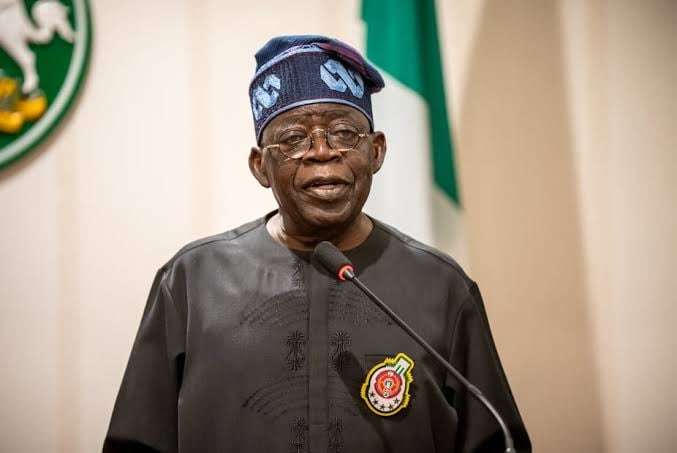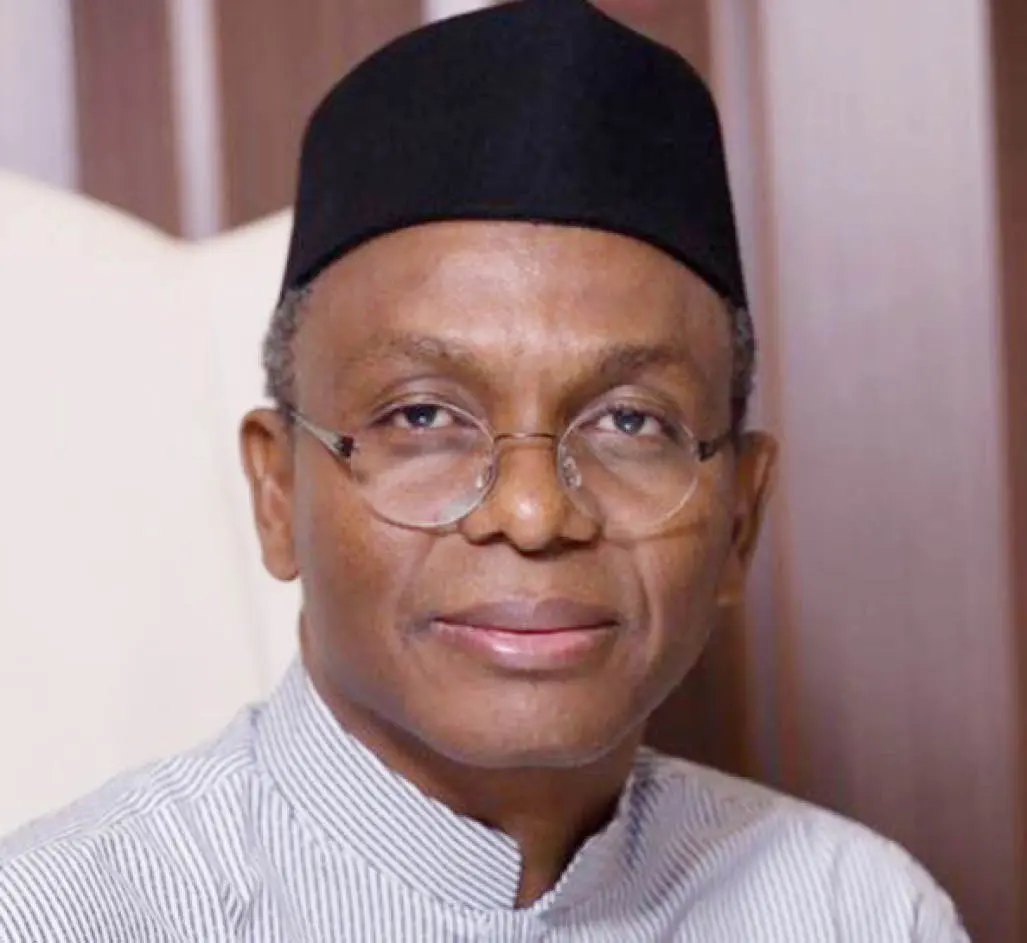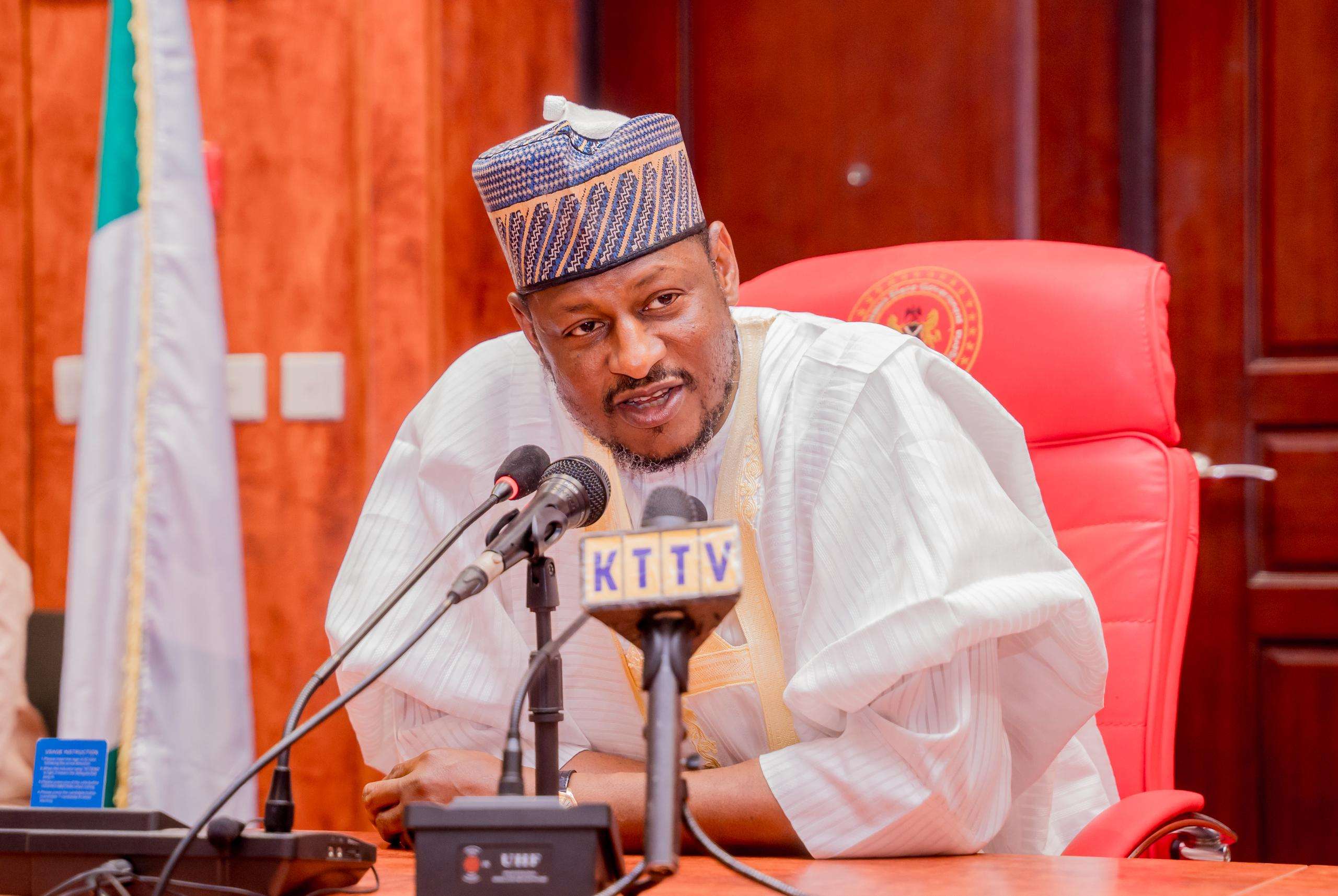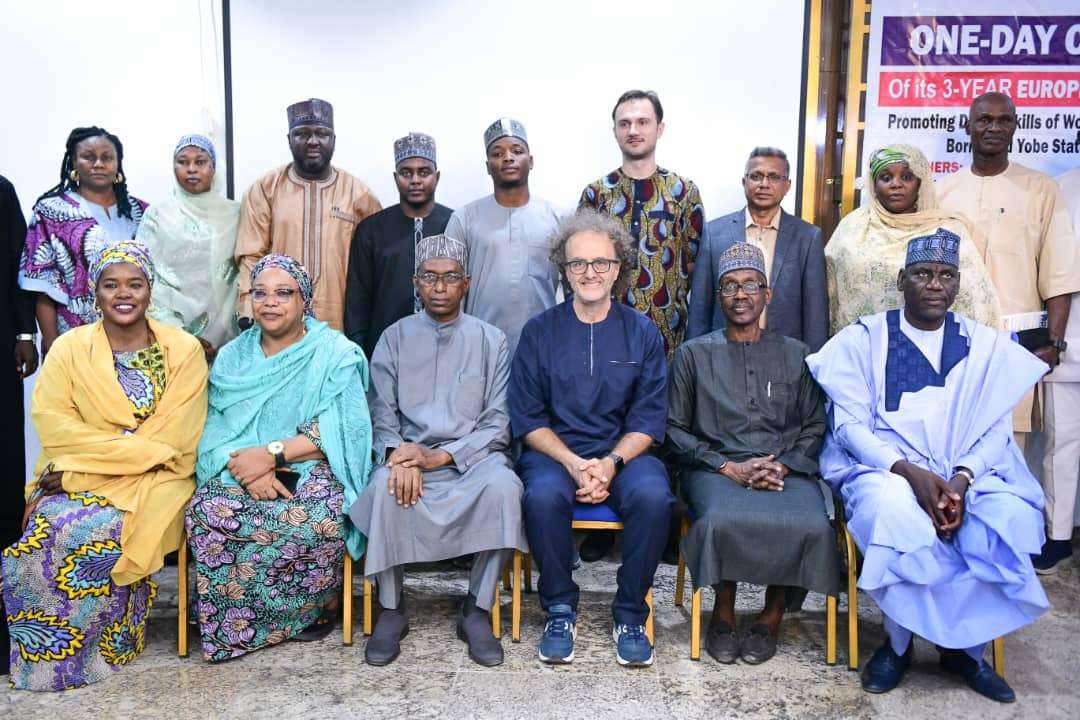By Blaise Emeka Okpara
Freedom of expression is the most endearing aspect of democracy. Fundamentally, it is the singular piece distinguishing democracy from every other system of government. Section 39 of the 1999 Constitution of the Federal Republic of Nigeria (as amended), which guarantees this freedom, is a domestication of the Universal Declaration of Human Rights, the African Charter on Human and Peoples’ Rights, as well as the ECOWAS Charter, which Nigeria is a signatory to.
What this posits is that, as a democracy, Nigeria recognizes the importance of freedom of expression as a fundamental human right, without which a state may drift from democracy to fascism, autocracy, despotism, or authoritarianism. Although the freedom enshrined in the 1999 Constitution is not absolute, as there are other limiting sections, citizens are well within their rights to speak out against unfavorable government policies.
However, in recent years, Nigerians have not taken advantage of this vital aspect of democracy to hold the government accountable. What is even more worrisome is the pervasive culture of silence. A few individuals who have chosen to speak out are either intimidated into silence or antagonized. Numerous examples of Nigerians being deprived of their right to free speech abound in the public sphere.
For example, a ranking senator, Abdul Ningi, who spoke out against budget padding in the Nigerian Senate, was a lone voice until he was suspended for speaking up. A more recent example, which has taken center stage, is the case of Senator Natasha Akpoti-Uduaghan, who was recently suspended for six months for allegedly “violating the rules of the house.”
One is forced to ask if the rules of the Senate are superior to the Constitution, but that is not the focus of this discourse. If duly elected Senators can be suspended simply for expressing their views, what then is the fate of the average citizen? This should not be the case.
Nigerians must embrace the culture of speaking truth to power at all times. This is so because, our political office holders have become too comfortable and complacent forgetting that public office is a social contract held in trust and not a favour done to the citizens.
Despite result of gagging or its attempt, there is an urgent need to continuously hold the political class accountable, reminding them of their purpose for seeking public office in the first place. Globally, great nations have been built through active citizen engagement with the government. Citizens must continue to make demands and call out underperforming public officials.
Furthermore, citizens must see themselves as nation builders. Through constant engagement, citizens àre able to appraise the petformance of those elected into positions of authority. The most effective way of achieving this is take advantage of their civil responsibilities while armed with knowledge of their fundamental human rights.
But, it is rather unfortunate that in today’s Nigeria, a vast majority of the citizens have been boxed into a culture of silence such that the democratic ethos like speaking truth to power and organizing civil protests have become a bird in flight.
The consequences of not speaking up against incompetence are dire, it gives those in authority absolute powers to act even against the Constitution. Moreso, when citizens do not actively engage government, institutions are destroyed or completely relegated to the background.
Unfortunately, an average Nigerian now see any criticism against public institution as an attack on the individual occupying the office whereas no nation can attain greatness when individual office holders take preeminence over public institutions. In fact, Nigeria is the way it is today because of our well entrenched culture of silence
It is fast becoming a tradition in the legacy media space to yank off callers who express contrary views against the government of the day during phone in programs. Even more worrisome is the fact that Nigerians who have become accustomed to long years of oppression now take the side of the government in stifling the voices of those who speak up. A worthy example is the young corps member who was almost crucified by the government and its apologists for making good use of her TikTok account to call out the current administration.
It is important to note that, citizens are not under any obligation to like or love a government that is not meeting up with its responsibility. Citizens should instead be conscious of the fact that the most pivotal role they have in nation-building is in their fundamental rights to speak up in defence of their country. That is what patriotism entails and not in the adulation of individuals who hold public office.
In doing so, citizens must take advantage of the every available legal medium to amplify their voices because more than just entertainment, the media exists for education and information. We must embrace the culture of putting our various accounts to good use. Fill up the media space with information about ongoing events and policies with a view to driving healthy conversations. Discourse drive narratives, and narratives build societies.
Criticizing the government is a necessary feedback which every responsible government must take seriously. Governance is essentially about communication and communication is a two way process. There cannot be effective governance when those at the receiving end are forced into a conspiracy of silence.
Any government that constantly antagonizes citizens, either through public institutions or proxies for speaking up against their failures does not have good intentions for the people. Such a government is an unpopular government! Political office is not a place to seek comfort or respect. There is a difference between respecting the office and respecting the citizens.
Individuals who are keen on respect should seek to be kings or queens in their villages where their subjects are bound to respect them, Citizens are not subjects and public offices’ are platforms for service delivery. Those who cannot provide the simple task of holding public office for the purpose of delivering service for the betterment of the citizens should desist from seeking public office and to my fellow Nigerians, the culture of silence cannot and should not be our new normal.
Blaise Emeka Okpara writes from International Institute of Journalism, Abuja and can be contacted on: emyokparaoo1@gmail.com








